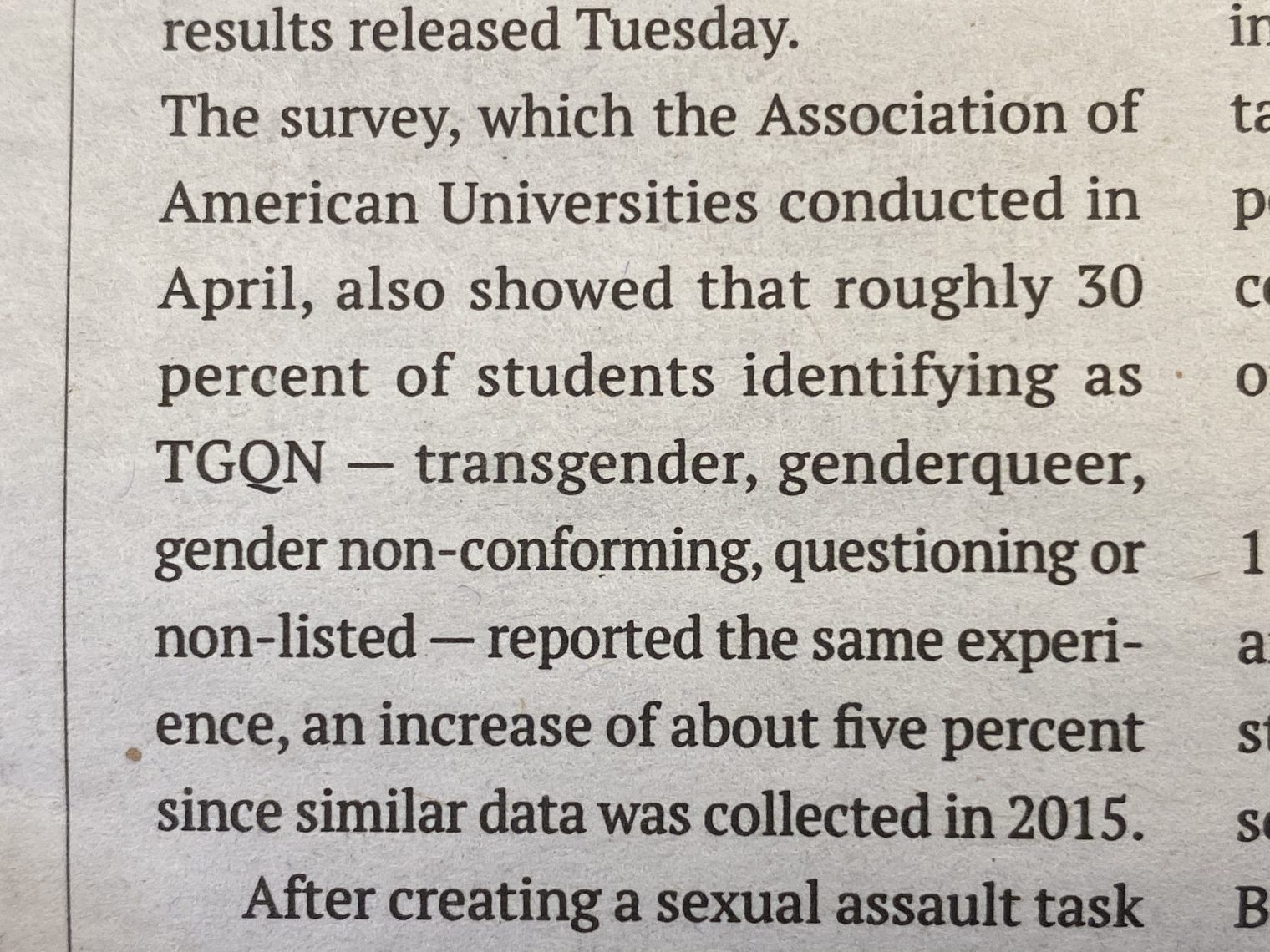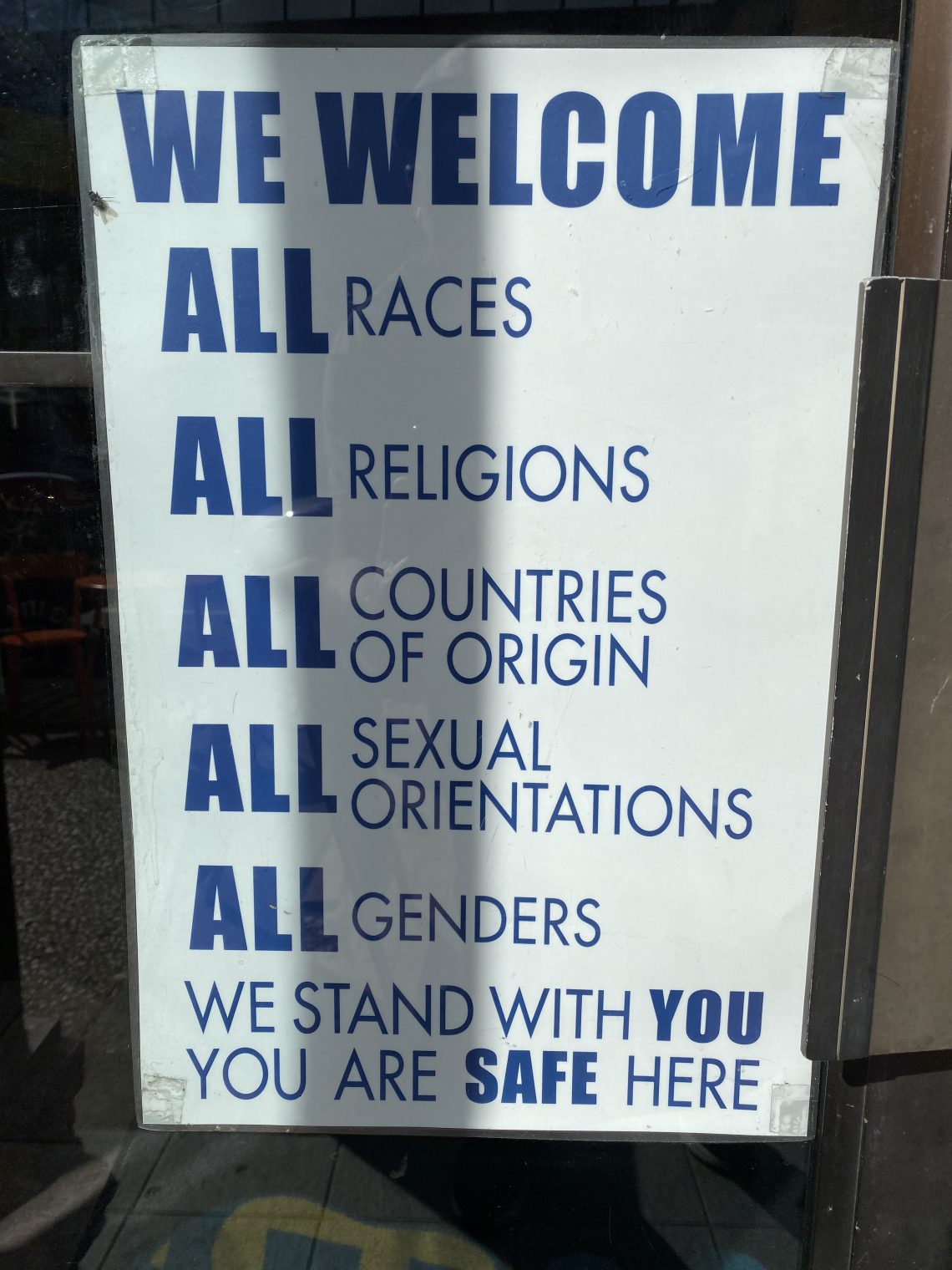Federal taxpayers provide massive subsidies to all universities via the guaranteed student loan scam.
In addition to this river of cash, state taxpayers have traditionally paid to subsidize state-run universities via free land, tax exemptions, and direct cash from the general budget.
Alaska is trying to cut off the second stream of subsidy: “University Of Alaska Readies For Budget Slash: ‘We May Likely Never Recover'” (NPR).
A Facebook friend who gets a guaranteed (tenured) paycheck from a private university posted the following:
This is mind-boggling, almost inconceivable: the Alaska state government is essentially trying to shutter the state’s premier university by defunding it. Please sign the petition! It seems to be putting the pressure on! If this goes forward, 2,500 faculty and staff will be laid off, over 20,000 students will have their educational paths derailed, public libraries will be closed, ESL teachers let go, etc. etc. etc. And all this carnage to help a rightwing ideologue fulfill his campaign pledge to his base to raise the annual dividend by $1200.
She was seeking people to visit change.org and sign a petition (always safe for someone who lives in Manhattan or Boston to demand that folks in Alaska pay higher taxes!):
Shouldn’t folks who are against income inequality also be against taxpayer-subsidized university education (and therefore support this governor’s initiative)? A university graduate will earn more than the median taxpayer. From the perspective of someone passionate about equality, why does it make sense to tax median earners to subsidize people who are primarily above-median earners (either because they work for the university or will be getting a degree and getting the higher wages that college graduates earn)?
She responded with the kind of winning argument that keeps American academics at the forefront of worldwide intellectual debate:
You’re a troll Philip. It’s never worth engaging with you.
But now I am curious. If people are against inequality, how can they be in favor of this traditional welfare program for high earners? Since college students tend to be disproportionately children of college graduates, isn’t a university a means of perpetuating privilege?
Of course they could simply say “We have PhDs and want market-clearing salaries for PhD employees to be higher. We’d like to see above-median earners trimmed back, but not above-median earners who have PhDs.” But that is not typically the argument.
[Separately, folks who work for universities often say that they are “underpaid”. If so, why the hysteria over being potentially laid off? Why would it be bad to get a new job at a market-clearing wage if the university has been paying below market considering all of the pluses and minuses of the job?]
Full post, including comments 



